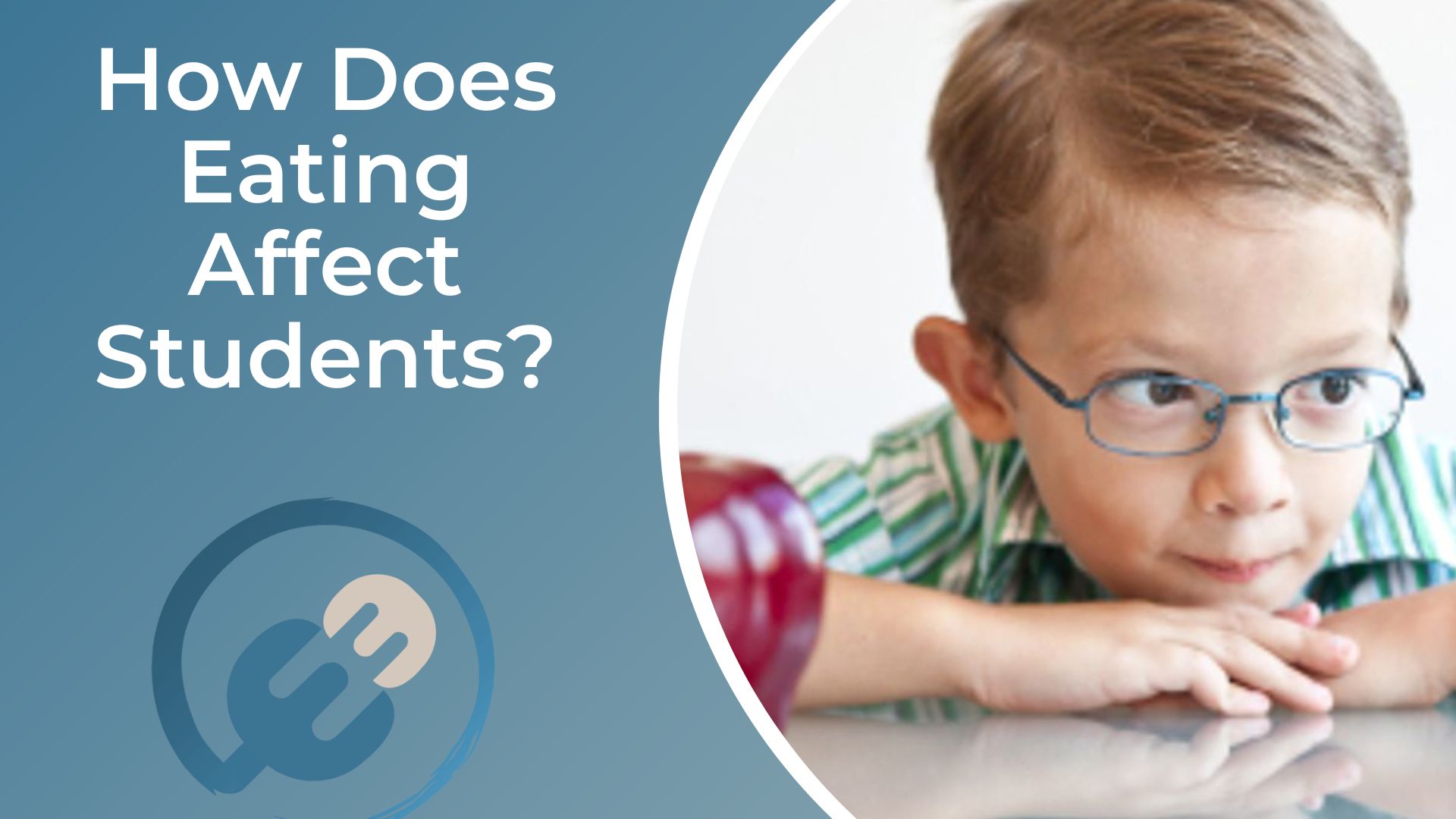What we eat and how we choose our diet greatly impact our daily lives, health, mood, and even school performance. The latter may come as a surprise to many. Indeed, the food you consume can affect how well you study, retain information, process new data, react to exam stress, and more.
Sure, there is no food to make you more intelligent or educated in an instant. However, there are plenty of products such as supplements that can enhance your brain work, helping you achieve your maximum potential.
Besides, food can impact other spheres of your life that affect your study progress. So, let’s take a look at how eating habits affect students, their health, and school performance.
Energy levels
Students often complain about feeling tired, exhausted, or burnout. Of course, they have to deal with a lot of stress in school. Partly, such complaints also come from sleep difficulties and their lifestyles.
- However, a diet can impact your energy levels more than anything else. A healthy, balanced diet should provide enough vitamins, minerals, and other nutrients to keep you going during the day.
- Lack of one or another nutrient may lead to severe disbalance and affect energy levels, leaving you tired and without ‘fuel’ to finish or even start the day.
Unhealthy snacks and energy drinks are good examples of such situations.

The wrong kind of snack can fill you with simple carbs, sugars, and bad (trans) fats. These elements give a temporary energy kick, mainly explained by the sugar rush. For a short amount of time, such products increase the blood sugar level in your bloodstream.
However, processing all that sugar takes a lot of energy from your digestive system. As a result, the spike in activity ends as rapidly as it starts, leaving you tired, hungry, and drained. That’s where students turn to the edusson review and paid help online instead of continuing on their own.
A diet heavy on these types of products will not provide enough substantial nutrients to feed your body and mind. On the contrary, such a diet can lead to sleep issues, malnutrition, and serious mood swings, resulting in anxiety and depression.
Focus and concentration
One’s focus and concentration abilities also depend on the type of diet they have. Of course, such brain work is essential for students. A healthy snack, including lean protein, omega-3 fatty acids, and complex carbs, will slowly raise glucose levels. In its turn, a person feels a slow improvement in energy levels and thus the ability to concentrate. Yet, the wrong choice of snacks or lunch between classes can give the opposite result on your brain work.
Saturated fats, in particular, create one of the worst food groups for students. Yet, this element is everyone in a student’s diet. Most fast food, sweets, processed meats, and other typical snacks contain saturated fats. Digesting this element creates the so-called ‘fog brain’ effect. It is when a person has a hard time concentrating, analyzing information, and receiving new data.
Our brains are mainly fat. However, it is important to know what kinds of fat are close to what our brains consist of in order to help their work. Thus, you work on balancing the brain’s processes and improving its efficiency. That’s why products rich in omega-3 fatty acids are considered the best brain food. Overall, such products as fatty fish, eggs, certain nuts, avocado, olive oil, etc., will help you gain better focus without exhausting your mind and body.
Sleep quality

What we eat and how we sleep are greatly interconnected. A diet full of highly processed food, too much sugar, caffeinated products, and high-fat or high-carb foods among others, will disrupt your sleep and reduce its quality. Yet, a good night’s sleep is essential for students. That’s when they receive the necessary rest, recharge, and build energy for the following day. Moreover, most of our memory processes are active during sleep. That’s when our brains sort out the information received during the day. So, disrupting this process will lead to poor memory retention or even loss of some memory functions.
Fortunately, students can easily improve their sleep quality with the right diet.
- Products containing whole grains, low sugar, and low-fat proteins, in addition to fresh fruits and vegetables, can normalize sleep patterns.
- It is also recommended to avoid eating citrus and spicy foods before bed. Plus, eating a healthy dinner a few hours before bed and never having a large meal right before sleep is also healthy for you.
- In addition, students with sleep difficulties should consider improving their melatonin levels.
- This hormone responds to darkness and helps prepare your brain for sleep. Certain food groups are rich in melatonin, including eggs and fish. Also, a plant-based diet is rich in melatonin, which includes seeds, nuts, and mushrooms.
Bottom line
There are many obvious benefits of maintaining a healthy diet. For one, it affects how we feel during the day and night. Hence, we can reduce mood swings, anxiety, and sleep disorders simply by eating well. Secondly, we reduce the chances of numerous serious health problems, from obesity, type 2 diabetes, and heart issues to depression and eating disorders. Lastly, a balanced diet has a direct connection to life longevity and an active lifestyle.




Actually this post is very welcome, thanks for keeping us informed!